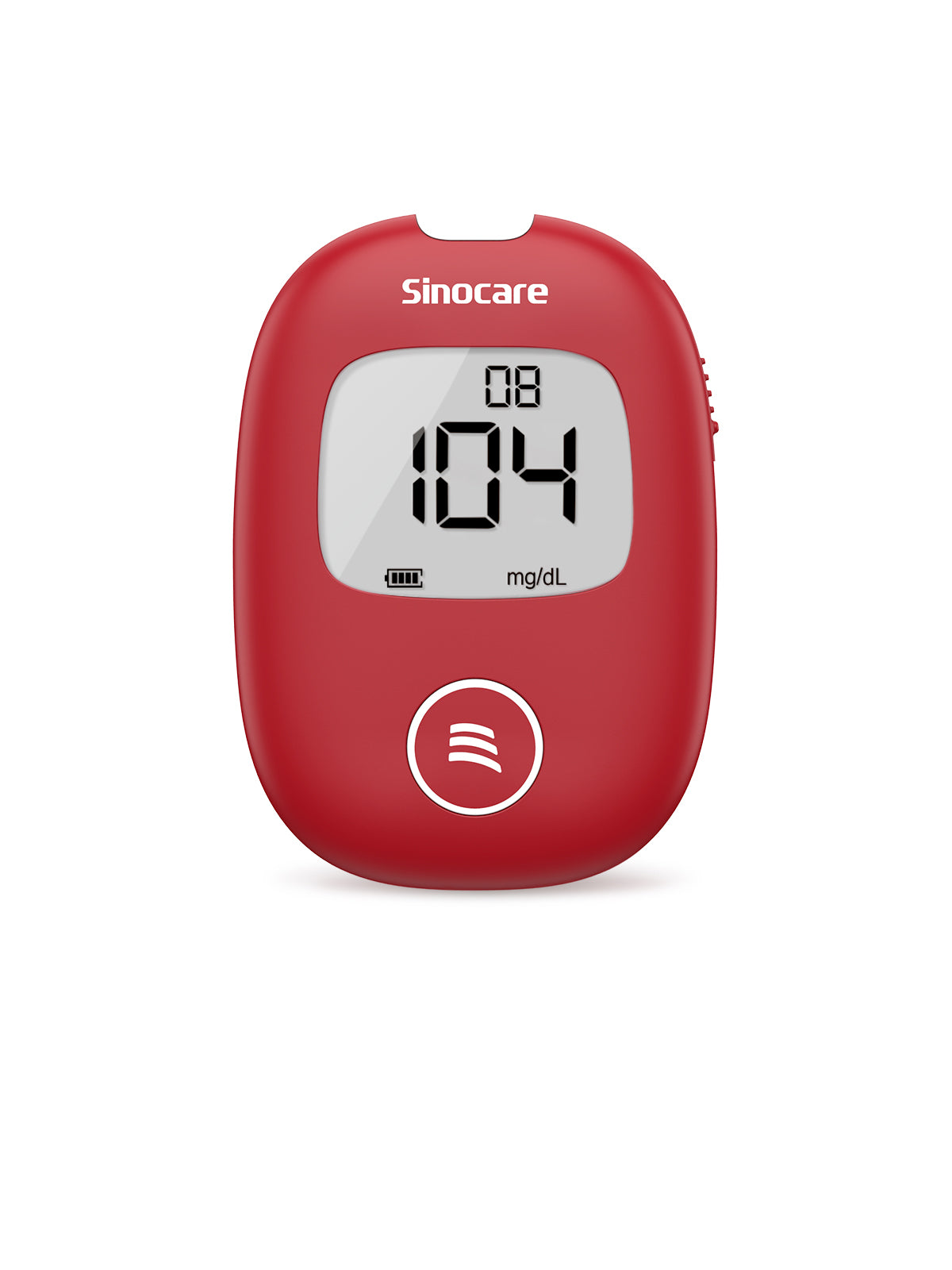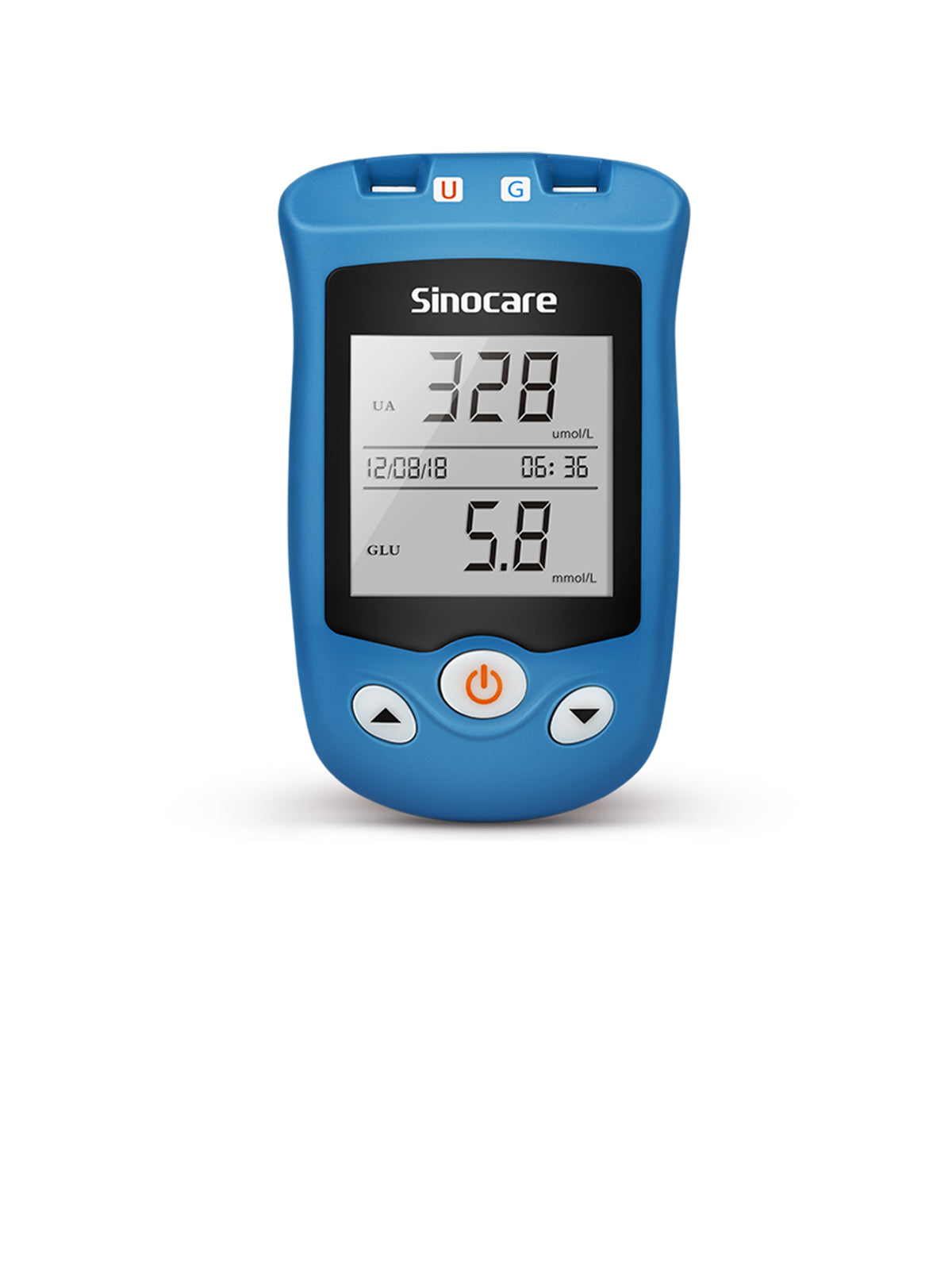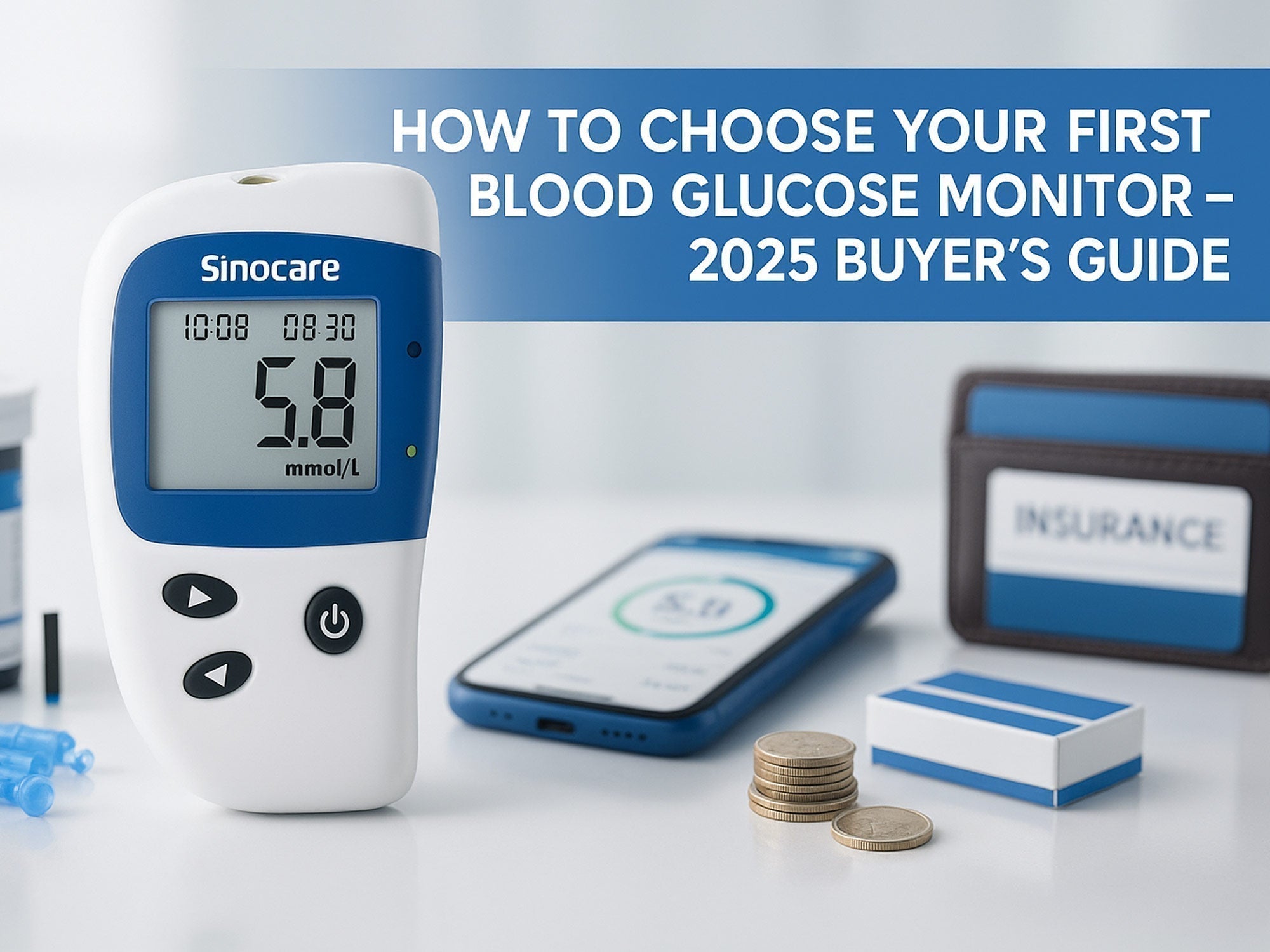For a person with diabetes, headaches can be an important sign that something is wrong with their blood sugar levels. Sometimes, in fact, headaches can occur when blood sugar is too high (hyperglycemia) or, conversely, when it is too low (hypoglycemia); so, in these cases the body tries to communicate that there is a glycemic imbalance to keep an eye on. Understanding this link is the first step in learning how to better manage both disorders.
Headache caused by Hyperglycemia and Hypoglycemia
When blood sugar levels are out of balance, whether they are too high or too low, headache episodes can occur. If blood sugar is too high (hyperglycemia), the body may feel tired, with a feeling of excessive thirst and even persistent headaches; This happens because excess blood sugar can affect the blood vessels and fluid balance of the brain. On the other hand, too low blood sugar (hypoglycemia) can also trigger a headache, sometimes accompanied by tremors, weakness or confusion; In this case, the brain does not receive enough energy from sugar, and it is difficult to perform its functions. For these reasons, it is necessary to monitor blood sugar regularly, as this allows you to understand whether the headache is related to these changes or not, and to act accordingly.[1]
Frequency of Headaches in the presence of Diabetes
For a person with diabetes, headaches may occur more often than for a person who does not suffer from this condition. This is not a set rule for all patients, but it is a common symptom that can indicate something wrong with the balance of blood sugar values. As seen above, both when sugar is too high and when it is too low, the body can react with a headache, however this does not mean that every headache is linked to diabetes, but it is a wake-up call that should not be ignored, especially if it occurs often or together with other particular symptoms. Headaches are a way in which the body indicates an imbalance in sugar levels, and therefore you may need to review your diabetes management with the help of your doctor.
How to Determine the Causes of Headaches
When a person with diabetes has a headache, the first thing to do is to check their blood sugar immediately with a special meter. This way, if your blood sugar is too low, you need to eat something sugary like candy, fruit juice, or honey, as this can help get it up quickly and relieve headaches. If, on the other hand, your blood sugar is too high, it is important to drink water and talk to your doctor to understand how to avoid this phenomenon. If you have diabetes and headaches, don't take your headache medication without first checking your blood sugar levels, as this may mask a larger diabetes-related problem. Instead, with the help of a blood glucose meter it is possible to check the cause of the problem and act in the most appropriate way, so as to make this type of headache pass effectively and feel better in the long run.
Symptoms Related to Headaches and Diabetes
As seen above, not all headaches are related to diabetes, so it is essential to learn how to distinguish a normal headache from one that could be linked to diabetes. If the headache appears along with other typical symptoms of high blood sugar, such as intense thirst, urinating often, or feeling very tired, then there is a strong indication that high blood sugar could be the cause. Similarly, if the headache is accompanied by tremors, sweating, confusion or sudden hunger, it may be too low blood sugar. The key is to observe if there are other symptoms when the headache occurs, and then proceed to take a measurement of blood sugar values, so as to understand the link between diabetes and headaches, and not confuse a simple headache with an important signal from your body.[2]
How to deal with headaches caused by different blood sugar levels
When headaches are caused by abnormal blood sugar, taking action right away is key. Therefore, the first thing to do is to determine whether it depends on hypoglycemia or hyperglycemia; Once this is done, we can try to remedy it. If it is hypoglycemia, it can be quite easy to remedy the headache, as for too low blood sugar the solution is usually quick since it is enough to immediately take something sugary, such as a teaspoon of sugar, a sip of a sweet drink, a candy or honey, so as to raise blood sugar in the right range. If, on the other hand, blood sugar is too high, remedying hyperglycemia could be more problematic; In fact, you can try to drink a lot of water, so as to dilute your blood sugar, but you should never take a higher dose of diabetes medication or insulin without medical consultation, as this could also lower blood sugar levels but could be extremely dangerous for the body. In either case, if the headache recurs frequently, always consult your doctor to understand how best to manage these episodes.[3][4]
Preventing Headaches by Controlling Diabetes
Preventing diabetes-related headaches is much more effective than treating them once they occur. The key to everything is to keep your blood sugar levels as stable as possible at the values recommended by your doctor. This means carefully following prescribed therapy, such as medication or insulin, and carefully following the prescribed diet, as this avoids harmful blood sugar spikes and helps keep blood sugar under control. Regular physical activity is also a great help, as is drinking enough water throughout the day. Checking your blood sugar often allows you to understand how your body reacts to foods and activities, so you can take the necessary steps together with your doctor to prevent the harmful fluctuations that can trigger headaches.
Recommended products (Sinocare)
As seen so far, when you have a headache, it is essential to take a blood glucose measurement in order to understand whether it depends on Hyperglycemia or Hypoglycemia, so that you can undertake the most suitable solution. Therefore, in order to always keep your blood sugar levels under control, you can count on a reliable blood glucose monitor like Sinocare comes in handy. With 20+ years in diabetes care, Sinocare offers accurate, affordable meters for every need. Whether you need a simple one like the Safe AQ Smart, or one with advanced features like voice assistance (Safe AQ Voice), there's always a model to fit your lifestyle and budget. Check out which blood glucose meter best fits your needs.
Final Thought
If a person with diabetes often suffers from headaches, this could be related to fluctuations in blood sugar levels. In fact, when blood sugar is too high or too low, it can cause really intense headaches, along with other related symptoms. These symptoms, along with a blood glucose meter, can show the cause of the headache, so that your doctor can help you understand if these headaches are a symptom of diabetes or if they are due to other causes, and find an effective solution. Only a diabetes professional can give the right and personalized advice for each patient, so it is a good idea to share any problem with your doctor.
References
[1]https://www.diabetes.org.uk/about-diabetes/looking-after-diabetes/complications/hypers
[2]https://www.mayoclinic.org/diseases-conditions/hypoglycemia/symptoms-causes/syc-20373685
[3]Roland, J. (2025, February 5). What Can You Do to Raise Your Blood Sugar Quickly? Healthline. https://www.healthline.com/health/how-to-raise-blood-sugar-fast#takeaway
[4]Semeco, A., MS, RD (2024, May 20). 14 Easy Ways to Lower Blood Sugar Levels Naturally. Healthline. https://www.healthline.com/nutrition/14-ways-to-lower-blood-sugar#more-fiber










Leave a comment
All comments are moderated before being published.
This site is protected by hCaptcha and the hCaptcha Privacy Policy and Terms of Service apply.